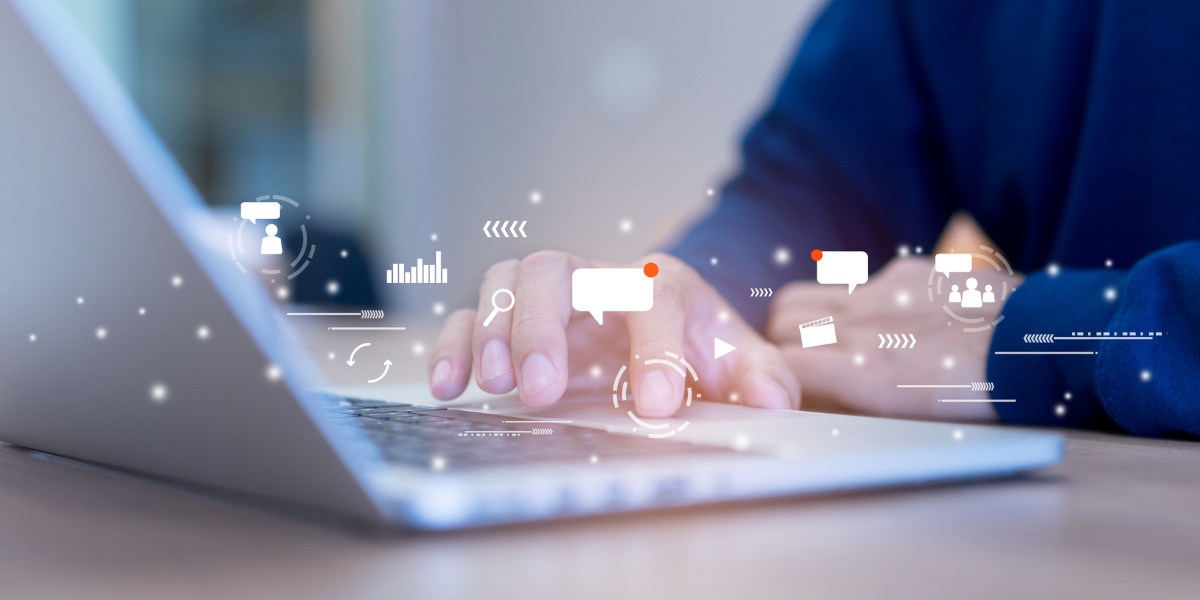Last month I shared 3 Ways to Make the Most of eDiscovery Education and Training Resources. To briefly recap: read daily in small doses; attend one to two presentations a month; and seek out experiential training. This month I’m back with three more tips for busy professionals.
Follow eDiscovery and legal tech thought leaders on LinkedIn
As the social media platform of choice for lawyers and legal professionals, LinkedIn is indispensable for networking. Plus, it’s fun to talk shop with like-minded eDiscovery practitioners from around the country and even other countries.
Less well known is that LinkedIn is a platform for free, crowdsourced legal education. There are many technologists, legal professionals and lawyers posting every day. Follow and connect with eDiscovery thought leaders to have quality educational content delivered to your news feed.
The main categories of education-related posts are:
- Curated content as people share and comment on articles, blog posts and news stories;
- Analysis and practice tips in longer posts akin to micro-blogging;
- Information about upcoming webinars, conferences and events.
Raise your LinkedIn game by embracing the social network aspect. Thank people for sharing interesting content by liking their posts. Comment when you have questions and to build relationships.
Transform a task into an educational opportunity by asking questions
Tip no. 5 is to transform day-to-day work into a learning opportunity by asking questions. To generalize: When you give a task, ask “how.” When you receive a task, ask “why.”
If you find asking questions intimidating, know that you’re not alone. Legal culture, personality differences and heavy workloads all conspire against on-the-job education. I have three points of advice and encouragement to offer.
First, it’s okay to take it slow. Focus on one question at a time; an initial query will often prompt follow-up questions or self-study. Start by directing questions to one or two of your more approachable co-workers. Over time you’ll build greater self-confidence.
Second, think outside the box of email and chat rooms. A short phone call works better for how and why questions. Invite that approachable co-worker out for coffee and combine networking with Q&A.
Third, it’s easier than you think! Most people like to talk about their work and will be happy to answer your questions. Experienced eDiscovery practitioners will appreciate that you’re taking the initiative to develop your knowledge and skills.
Teach to learn – with professional development an added bonus
The best way to learn is to teach is a truism for a reason. Explaining a concept to someone else helps us understand it more thoroughly and retain it more effectively. My final tip for making the most of eDiscovery educational resources is to become an educator yourself.
As an initial matter there’s no shortage of opportunities to share newfound knowledge and skills with colleagues and clients. It happens in the normal course of project work, and as word gets around that you’re the person to call on this or that subject.
Finally, step out of our comfort zone by taking what you’ve learned from research, study and practical experience and turning it into an article or presentation. Or (baby steps!) post about it on LinkedIn. While diving into thought leadership may seem daunting at first, it brings great benefits in education and professional development.
EDiscovery practitioners and legal technologists sharing their time, talent and expertise are an amazing resource. Following these tips can help you become more involved in the eDiscovery community and make the most of educational opportunities.


